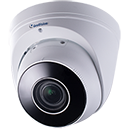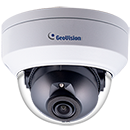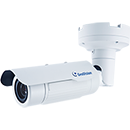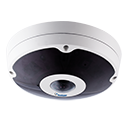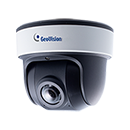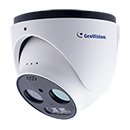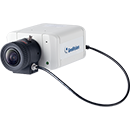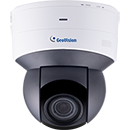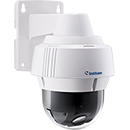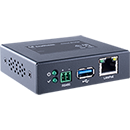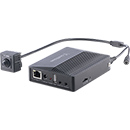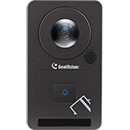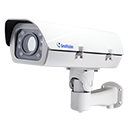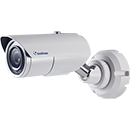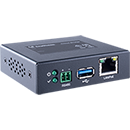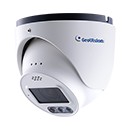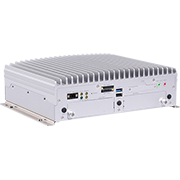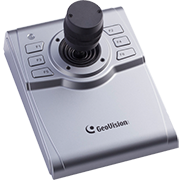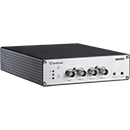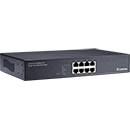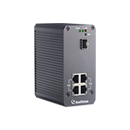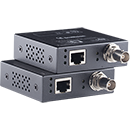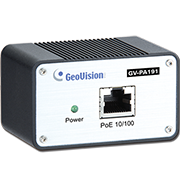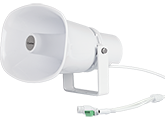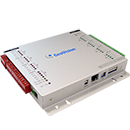
Detection of an incident is one of the most effective ways to demonstrate the worth and effectiveness of a CCTV system. In many instances, this kind of detection is seen to involve the viewing of a crime and the apprehension of the suspect. Good evidence would obviously be essential to the successful dismissal or prosecution of any such offenders.
These criteria are all seen as important criteria for operators and sometimes the basis for evaluation of service providers. Certainly, when there is a successful detection of an incident and apprehension of the suspect, there is general celebration at a range of levels within the organisation as security objectives are realised.
Yet detection of a crime occurring may not be the desired or best outcome in a number of enterprises. In organisations such as hospitality, shopping centres and gaming, the reputation of the organisation is a critical issue that needs to be protected. In these kinds of instances, the prevention of an incident is generally preferable to a crime occurring and the suspect being identified.
Victims are typically impressed and appreciative of having the offender who has just robbed them caught. However, the experience of crime is typically something that is negative in general nature and is likely to reduce feelings of well-being. Ironically, if one can detect a potential crime and stop it from happening, the beneficiaries of your actions may never even realise how good a job you are doing. How then does your performance get evaluated?
Ironically, there are situations where security and surveillance are doing such a good job that management feels the crime threat is nonexistent and wants to cut down on the very resources that are responsible for the safe conditions.
Ideally, reporting on security effectiveness should include prevented crimes as well as those for which people have been apprehended. The question then becomes one of how do you quantify that you have actually had this effect. Skilled and trained surveillance personnel should be able to identify the signs of an emerging incident, sometimes well before it occurs.
These signs associated with different types of incident need to be properly identified, defined in the reporting, and explained to management. Ideally, the relevant video footage should be included in such reporting processes. The biggest hurdle in communicating that an incident has been prevented is management’s understanding of the signs that show this. However, where operators can effectively spot these signs and a security or other response is made, inevitably there will be a reaction by the suspect to the response personnel and a change in their behaviour.
Skills to identify these signs and, almost as importantly to report on them in an understandable way to managers, are an important part of the role of operators. This usually requires some intensive training in this respect.
The ability to identify and prevent incidents before they happen has a number of benefits to security. Firstly, the credibility of security personnel is greatly increased. I’ve seen operations managers awed by some feedback and explanations of crime body language they have been given on what is happening on their sites. From a performance point of view, it also gives factual and potentially quantifiable measures that security is doing their job.
For instance, that an armed robbery can have an appreciable impact on turnover of a shopping centre or casino for up to three months after it has happened. Smaller events may have less financial impact, but stopping any of these kinds of events from happening will be seen by management to contribute to the bottom line. Successful detection can also be taken further as a training or awareness creation programme for staff and management in the enterprise as part of briefing programmes.
There are certainly some sites where there will be a preference for detection of the actual crime, apprehension of a suspect, and the permanent removal of the person from site by firing or charging them with a criminal offence. Prevention may not suit every site, but those with strong needs for preserving reputations of safety and a positive visiting experience can certainly benefit from such reporting.
Source: Securitysa
